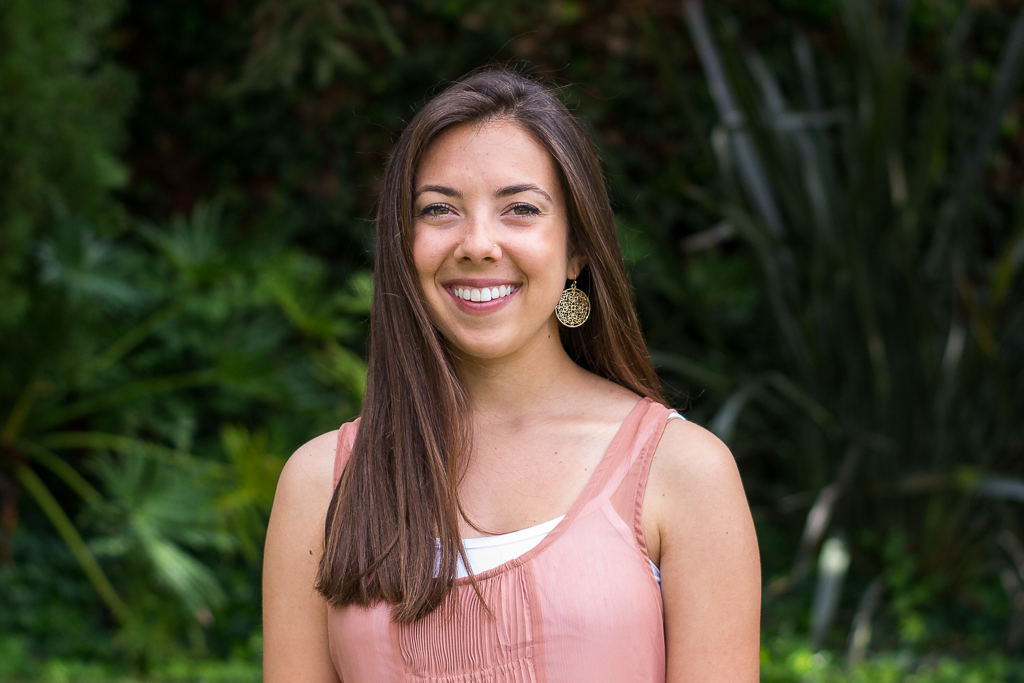When I survey the student population on Biola’s campus, I see mostly white middle-class students. Sure, that makes sense in a socioeconomic aspect: Biola is a private, expensive Evangelical institution. But what remains baffling is the lack of diversity — racial and ethnic — for a school located less than 20 miles from downtown Los Angeles, one of the most diverse areas in the United States.
LACK OF DIVERSITY ON CAMPUS
Of the 2013-2014 undergraduate enrollment — 4,353 students total — 2,374 students were white, 741 Hispanic/Latino, 692 Asian, 270 mixed races, 85 black, 15 Pacific Islander, 10 American Indian/Alaska Native. These numbers lead us to question if the overwhelming influx of white students represents Biola’s theology, recruitment or marketing? Are they tangible indications of scholarships available, campus culture and core values?
Yes, we believe everyone is made in the image of God and is thus inherently endowed with dignity, respect and equal rights as a human being, but I would question how much those beliefs actually affect our actions and behaviors.
Does Biola’s faculty, staff and leadership prize diversity? Diversity not in the quota-matching, popular catch-phrase, but in the way that diversity represents the kingdom of God. It is the uniting of different people in the name of Christ and the pursuit of “shalom” — wholeness, well-being and the restoration of creation. And maybe the inner working of the university fully pursues this — along with reconciling disability, gender, class, sexuality — but what about the student body?
What does it say about students when they are unaware of Multi-Ethnic Programs or strongly disdain their work? When white students are unable to coherently describe their own culture and upbringing? Most of all, what does it say about our community when students sidestep conversations about diversity because they believe them to be frivolous, anachronistic and hurtful? It is a common and ultimately damaging idea that racism ended with the abolition of slavery.
PURSUING RECONCILIATION
The student apathy and lack of awareness leads me to wonder if the systems on Biola’s campus allow undergraduates to engage in a college experience that is comfortable and easy. Instead of being a place of honest, deep thought about race and diversity, it is rather swept under the rug and tagged as someone else’s problem.
I understand that this conversation is uncomfortable, confusing and may induce anger, guilt or shame. I also am cognizant that this touches some deeply while others not at all. But, I think that if we are to pursue reconciliation in all aspects of the Christian life, this is something we must engage in. This may manifest in focusing on justice and the kingdom of God in Bible classes, recruiting more students of color or encouraging undergrads to engage in things outside their culture or ethnicity.
There is vast room to grow, but the very first step for change to occur — especially for white students, myself included — is allowing oneself to sit and listen to others. If racism or discrimination affects one member of the body of Christ, it affects us all, so we must, with humility, engage and pursue understanding united.







